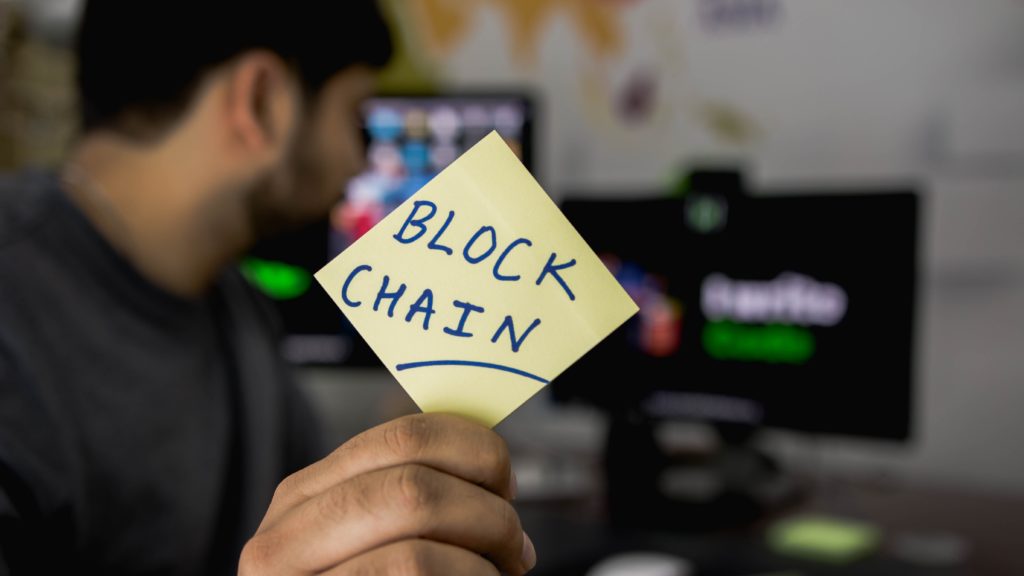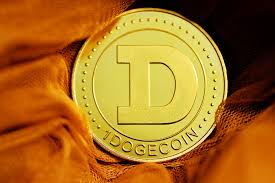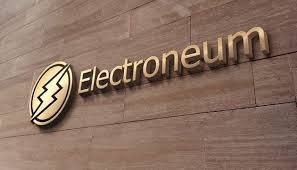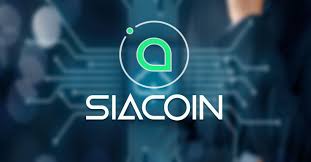Everipedia is a decentralized blockchain-based encyclopedia that allows anybody to add to its knowledge store. The protocol’s purpose is to decentralize information curation and access on the Internet. This page will explain what Everipedia is and how it works. The platform functions similarly to Wikipedia, except that it operates on the EOS blockchain. Everipedia promises to improve the Wikipedia model by providing monetary incentives to information providers and allowing for a more diverse repertory of material. Holders of the native IQ token can create articles on any topic, relying on credible sources, without central authority controlling internet information flow. Everipedia has developed some blockchain-based DApps to realize its aim of reducing information sector concentration.

Products of Everipedia
The protocol’s well-known products include
- The Everipedia Encyclopedia, a blockchain-based encyclopedia;
- PredIQt, an automated market maker (AMM) and prediction market;
- HiIQ, a staking platform for IQ tokens; and
- Everipedia OraQles, a blockchain Oracle.
How Everipedia functions
Everipedia is a blockchain-based platform that uses the IQ token in its governance and reward structure. Everipedia uses a three-module approach to eliminate centralization and maintain the immutability of its blockchain. The token module, the governance module, and the article submission module are the three. These three modules function in tandem and serve as the protocol’s basis Despite being decentralized and open-source, Everipedia has taken considerable care to guard against inaccurate information coming from its contributors. So, how can Everipedia guarantee that all material on its site is objective and of high quality? Before being approved, editors meticulously check any material produced on its site. In addition, the protocol includes a realistic foundation for limiting the behaviors of malevolent parties. Users must stake a specific quantity of the IQ token before contributing write-ups to Everipedia. If the governing team accepts the write-up, the inventor receives a return of the tokens pledged. If the material is found inappropriate, the creator’s stake is forfeited.
Services of IQ
Everipedia’s native token is IQ, and it provides a variety of services, some of which are given below:
Rewarding network members
One important aspect of IQ is its prevalence in Everipedia’s ecosystem. The IQ token is designed to incentivize contributors and users on Everipedia’s decentralized platforms. In return for their work, creators, and editors get a part of the platform’s fees.
Trading
People speculate on the price of IQ tokens to benefit from exchanges such as OKX. OKX provides its customers with cutting-edge trading tools as well as a good overall trading experience.
Governance
In addition, the IQ token is employed in the governance system. What is the function of intelligence in governance? Users may stake their IQ tokens to gain voting power, which is distributed proportionally among members. The value of tokens owned by a user, as well as the length of time they are kept, defines how much voting power that person has.
Staking
To obtain staking benefits, IQ token holders may stake their tokens in HilQ, Everipedia’s staking solution. What exactly is IQ staking? Staking, in general, is the process by which token holders lock up their tokens on a decentralized platform (in this instance, HiIQ). They lock their tokens to assist verify transactions or for other purposes in exchange for a payout. The larger the profit, the longer a stake is kept.
Investing in non-fungible tokens (NFTs)
Every IQ token holder who wagers their tokens with HiIQ has the opportunity to win raffle tickets in a digital collectibles contest. The greater a user’s HiIQ, the better their chances of winning a raffle ticket. Furthermore, Everipedia has begun distributing NFT awards to token holders. Earlier this year, the protocol worked with the NFT project “Supernormal” and released non-fungible tokens worth $120,000 to IQ stakeholders.










